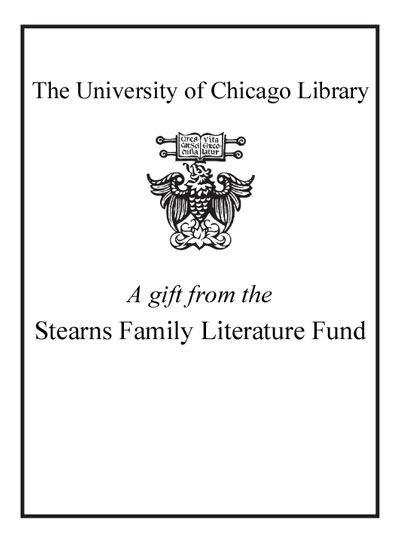Review by Choice Review
Grounding his study in 19th-century autobiographical theory (Cockshut, Danahay, Fleishman, Peterson, et al.), Broughton offers insightful readings of Leslie Stephen and Thomas Carlyle as autobiographers, readings that move beyond the identities constructed in the autobiographical texts to text and autobiographer as cultural entity. Raising the question of why Stephen, the revered biographer, showed great angst in writing his own life, Broughton contends that Sir Leslie Stephen's Mausoleum Book, based on his papers and published posthumously in 1977 (CH, Jul'78), shows Stephen embroiled in the end-of-the-century cultural transformation of the genre. It illustrates identity conditioned by struggle to define gender, class, and homosociality as played out socially in the controversies over Carlyle's biographies, works that championed debates about the nature of heroism and the practice of biography. Although writing at the turn of the century, James Anthony Froude portrayed Carlyle as tragic hero (on the scale of Oedipus) in his marriage, and also makes Carlyle synonymous with the concept that a successful writer is a failed husband. Recommended for all undergraduate and graduate libraries; a valuable resource for faculty designing courses in 19th-century literature. N. Allen; Beaver College
Copyright American Library Association, used with permission.
Review by Choice Review

